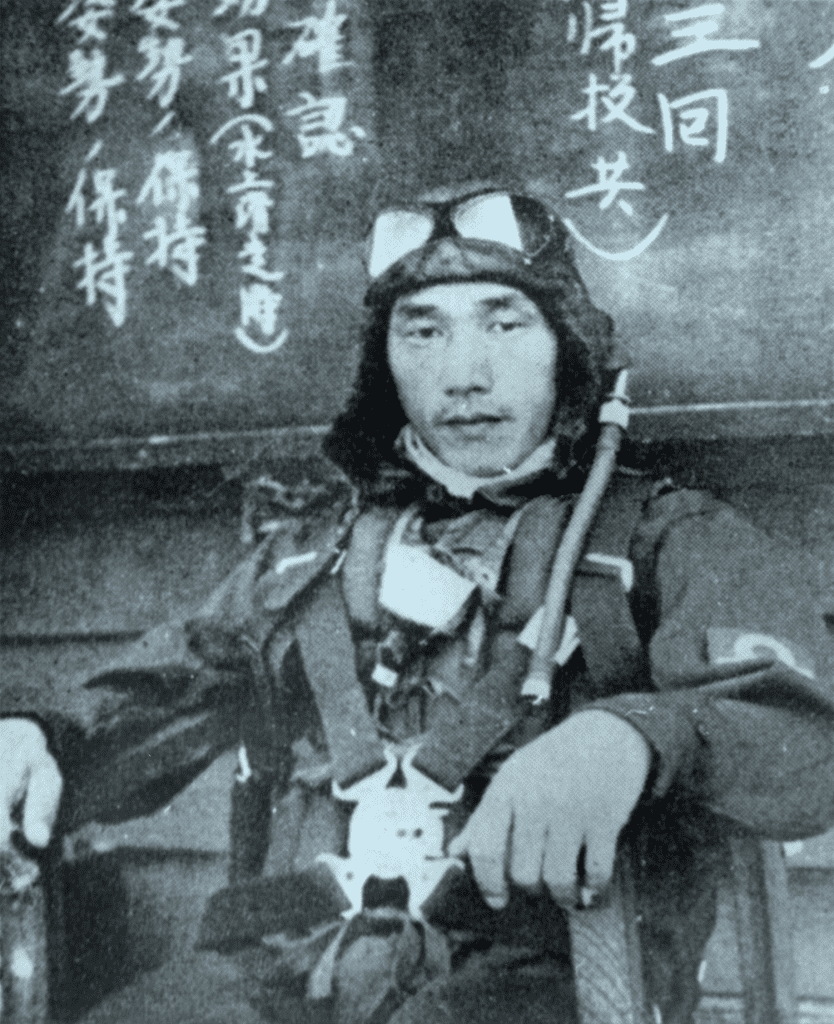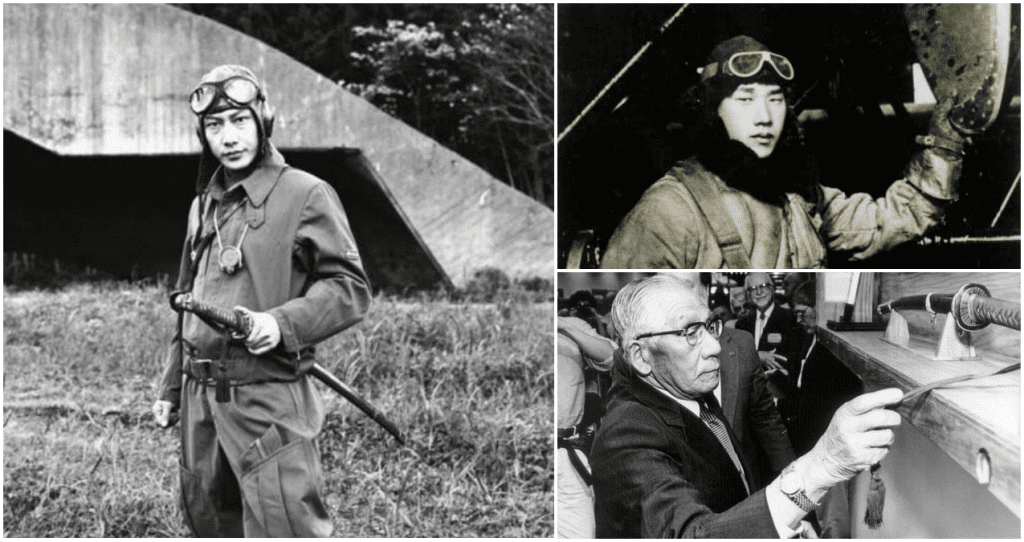When most Americans think of World War II, they picture the battles across Europe and the Pacific. Few remember that the continental United States was also touched by war. In 1942, a Japanese pilot named Nobuo Fujita carried out one of the rare direct attacks on U.S. soil. His target was the quiet forests near Brookings, Oregon. Dropping incendiary bombs from a small seaplane launched from a submarine, his mission was to start wildfires and create panic. While the fires were quickly contained and the damage minimal, the event left a lasting impression on the coastal community.

The Man Behind the Mission
Nobuo Fujita was not a ruthless attacker but a naval aviator following orders during a time of intense global conflict. Born in Japan in 1911, Fujita served in the Imperial Japanese Navy and was known for his courage and precision. His bombing raid on Oregon was meant to be a psychological blow, but it had little military impact. Still, he returned to Japan thinking he might have caused serious destruction. What he did not expect was that two decades later, he would return to the same town but for a very different reason.

A Return with Honor and Apology
In 1962, twenty years after the attack, Fujita received an invitation to return to Brookings. The town, rather than holding onto resentment, chose a path of reconciliation. Fujita was hesitant at first, unsure how he would be received. Would they blame him? Would they shun him?
Video:
The ONLY Japanese Attack On The Mainland United States – From A Float Plane
But what happened instead was extraordinary. The people of Brookings welcomed him warmly. In a public ceremony filled with emotion and symbolism, Nobuo Fujita presented the town with his family’s prized 400-year-old samurai sword a gesture of deep humility and peace. The sword had been in his family for generations, a symbol of honor and heritage. By offering it to Brookings, Fujita was not just apologizing; he was sharing his soul.
From War Pilot to Peace Ambassador
Fujita’s gesture sparked a friendship that would last for the rest of his life. He made multiple return visits to Brookings, planting a tree at the bomb site during one trip and helping to fund a student exchange program during another. He invited high school students from Brookings to visit his hometown in Japan, believing that building relationships between young people was the surest path to lasting peace.
By the time of his final visit in 1995, Fujita was no longer seen as the man who once bombed Oregon. He had become a beloved symbol of healing, showing that even the darkest moments in history can lead to new beginnings if hearts are open.

A Town That Chose Forgiveness
The people of Brookings made a remarkable decision. They could have clung to the memory of the bombing as a mark of injustice. Instead, they extended compassion and curiosity to someone who had once been their enemy. This decision not only transformed Nobuo Fujita’s life but also set an example for the world.
Their relationship proved that forgiveness is not weakness it is courage. And reconciliation does not erase the past, but it writes a better future.
Video:
OREGON COAST BOMBED BY THE JAPANESE DURING WORLD WAR II
A Legacy That Still Lives On
Today, Fujita’s samurai sword remains on display at the Brookings public library. It is not behind glass as a war trophy, but as a gift of peace. His ashes were scattered at the bomb site, now overgrown and peaceful, at his own request. A small memorial sits there, not to remember the attack, but to honor the bond that followed it.
The story of Nobuo Fujita and Brookings, Oregon, is a powerful reminder that even acts of war can be overcome by acts of humanity. In a time when conflict often dominates the headlines, their story continues to shine as a beacon of hope.

Conclusion
What began as a mission of destruction turned into a lifelong mission of peace. Nobuo Fujita’s journey from wartime pilot to ambassador of reconciliation shows that healing is always possible, even across nations, even across decades. It takes courage to forgive. It takes humility to ask for it. But when both happen, history can be rewritten not in violence, but in unity.


